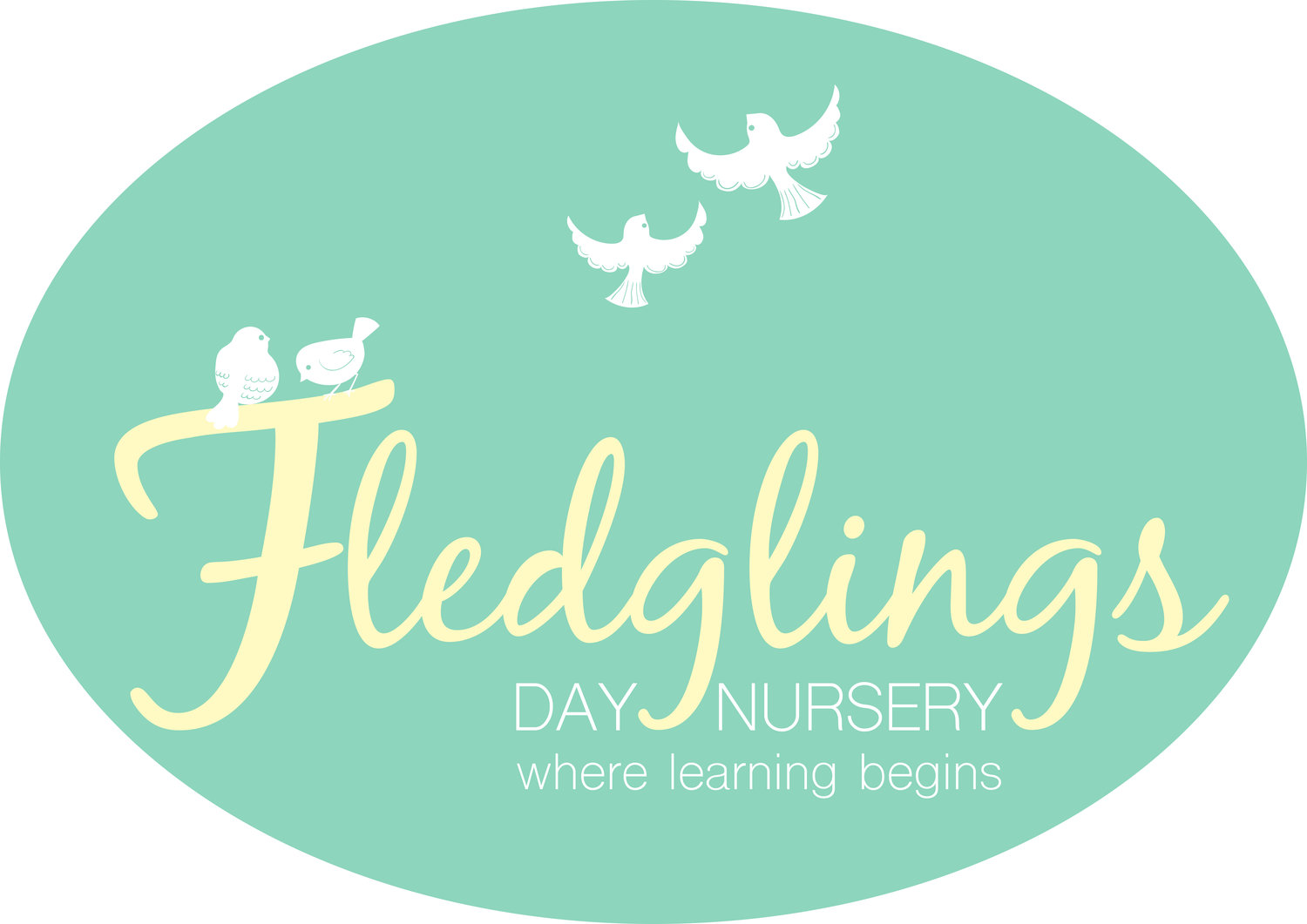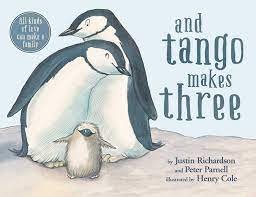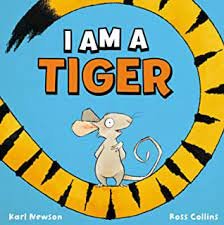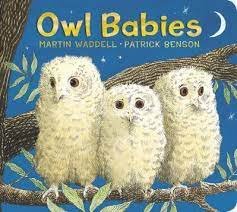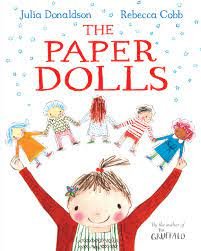OUR CURRIULUM AT FLEDGLINGS
Our curriculum goals are designed to meet needs of our children. The aspirational goals have a core focus on improving children’s communication and language skills.
The curriculum goals are linked to development matters, particularly the observation checkpoints. They have been designed with the educational programmes of study (EYFS 2024) in mind.
Our Curriculum Goals
Provision
The provision has been designed to spark in the moment thinking, quality interactions and communication between adults and children in their preferred communication style.
Outdoor play is a cornerstone of our curriculum, and all children have access to the outdoor environment every day. The three outdoors areas have been developed to meet the developmental needs of each age group. Children aged two and upwards are encouraged to independently access the indoor and outdoor provision as they choose throughout the day.
Planning
Our planning starts with skilful practitioners observing children to understand and consider their current interests, schemas, COEL and next steps in their learning and development. Our core offer includes high quality provision areas in each room including enhancements which are planned in the moment to follow children’s interests.
Focus child weeks are planned for and carried out for every child each term by their key person. Parent/carers views are sought prior to the start of a child’s focus week. A meeting then takes places between the parent/carer and key person at the end of each focus week to discuss the child’s progress and development.
Stories, songs and rhymes
Key texts are a cornerstone of the curriculum in each room. High quality nursery rhymes and pictures books are selected to meet the needs of each age group. The texts are used over a number of weeks, giving children the opportunity to become familiar with the rhyme/story and new vocabulary. Concrete objects and story sacks are used to support children’s engagement in the story and their understanding of the language. Key vocabulary from each text is shared with parents through outdoor chalkboard displays and word mats that are sent home.
All children take part in daily song, rhyme and story time, laying the foundations for formal phonics teaching when they move on to school.
Role of the adult
The key person approach is at the centre of our practise. Practitioners build strong bonds with their key children based on mutual respect and care. Practitioners are conscious of the balancing act between play and teaching. They make judgements about when to stand back and when to involve themselves in children’s play. Direct teaching is used skilfully. Meaningful interactions and sustained shared thinking are used regularly to move children on in their learning and development.
